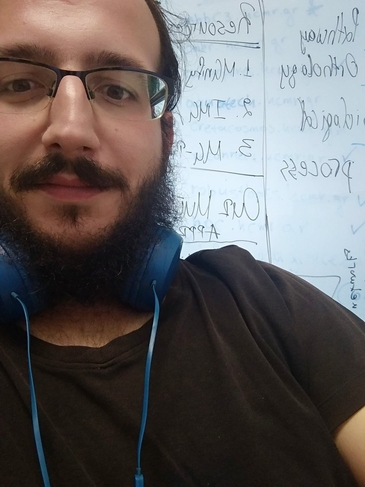Improving genome-scale metabolic models of incomplete genomes with deep learning
Deciphering microbial metabolism is essential for understanding ecosystem functions. Genome-scale metabolic models (GSMMs) predict metabolic traits from genomic data, but constructing GSMMs for uncultured bacteria is challenging due to incomplete metagenome-assembled genomes, resulting in many gaps. We introduce the deep neural network guided imputation of reactomes (DNNGIOR), which uses AI to improve gap-filling by learning from the presence and absence of metabolic reactions across diverse bacterial genomes. Key factors for prediction accuracy are:
- reaction frequency across all bacteria and
- phylogenetic distance of the query to the training genomes.
DNNGIOR predictions achieve an average F1 score of 0.85 for reactions present in over 30% of training genomes. DNNGIOR guided gap-filling was 14 times more accurate for draft reconstructions and 2–9 times for curated models than unweighted gap-filling.
